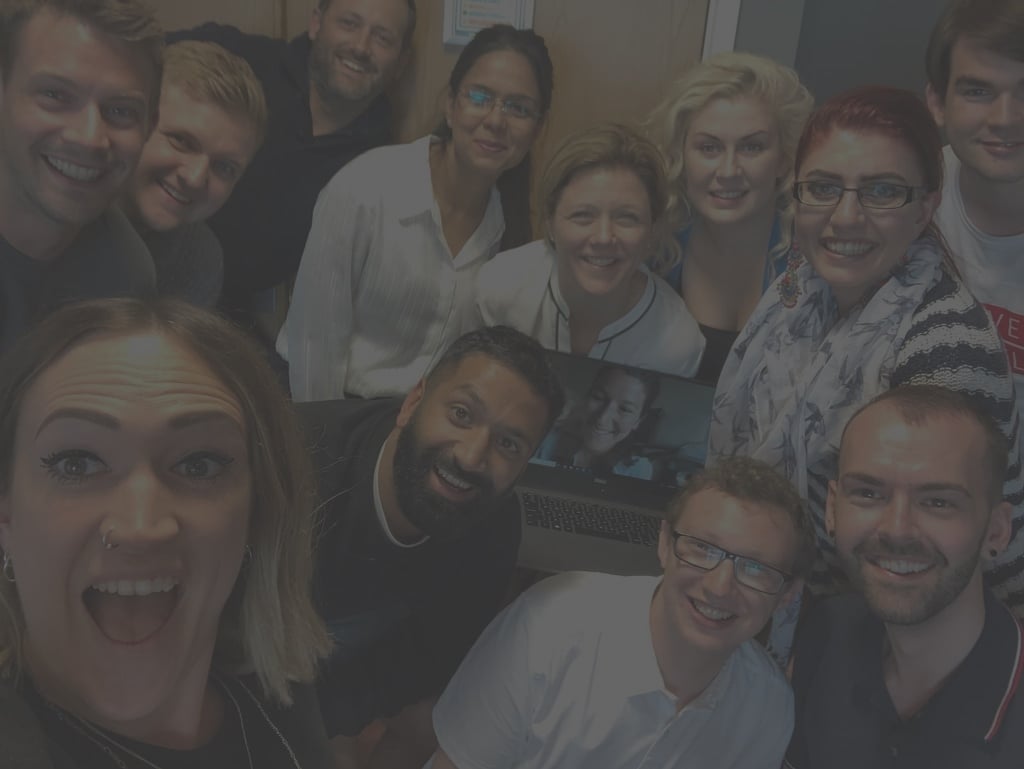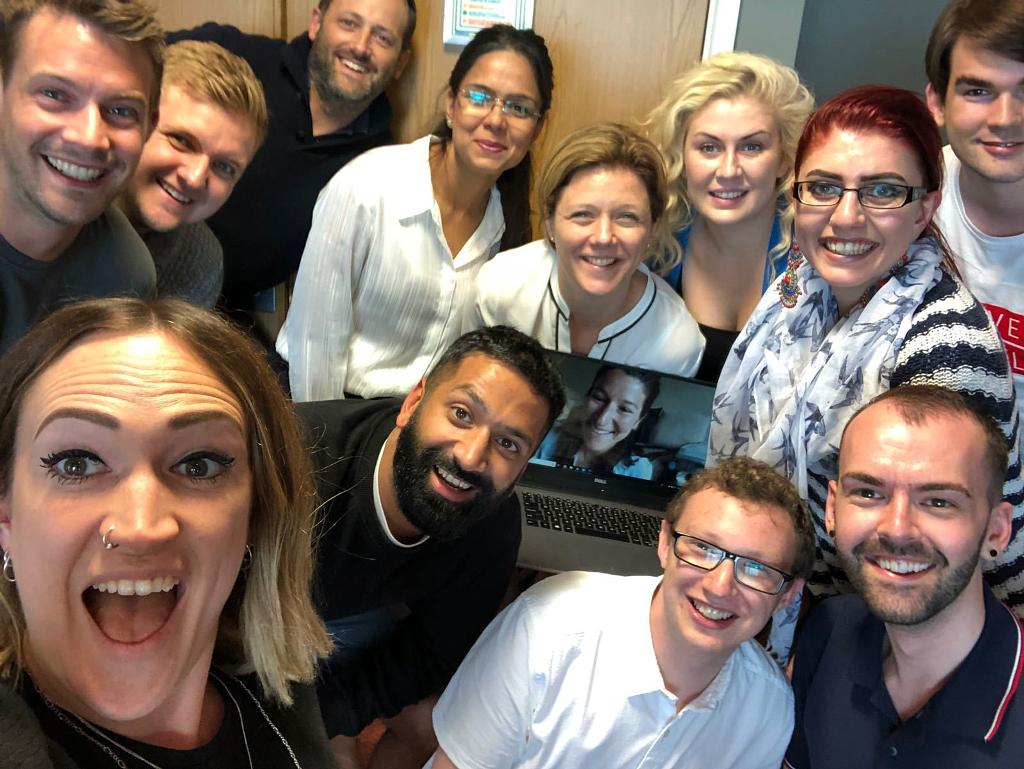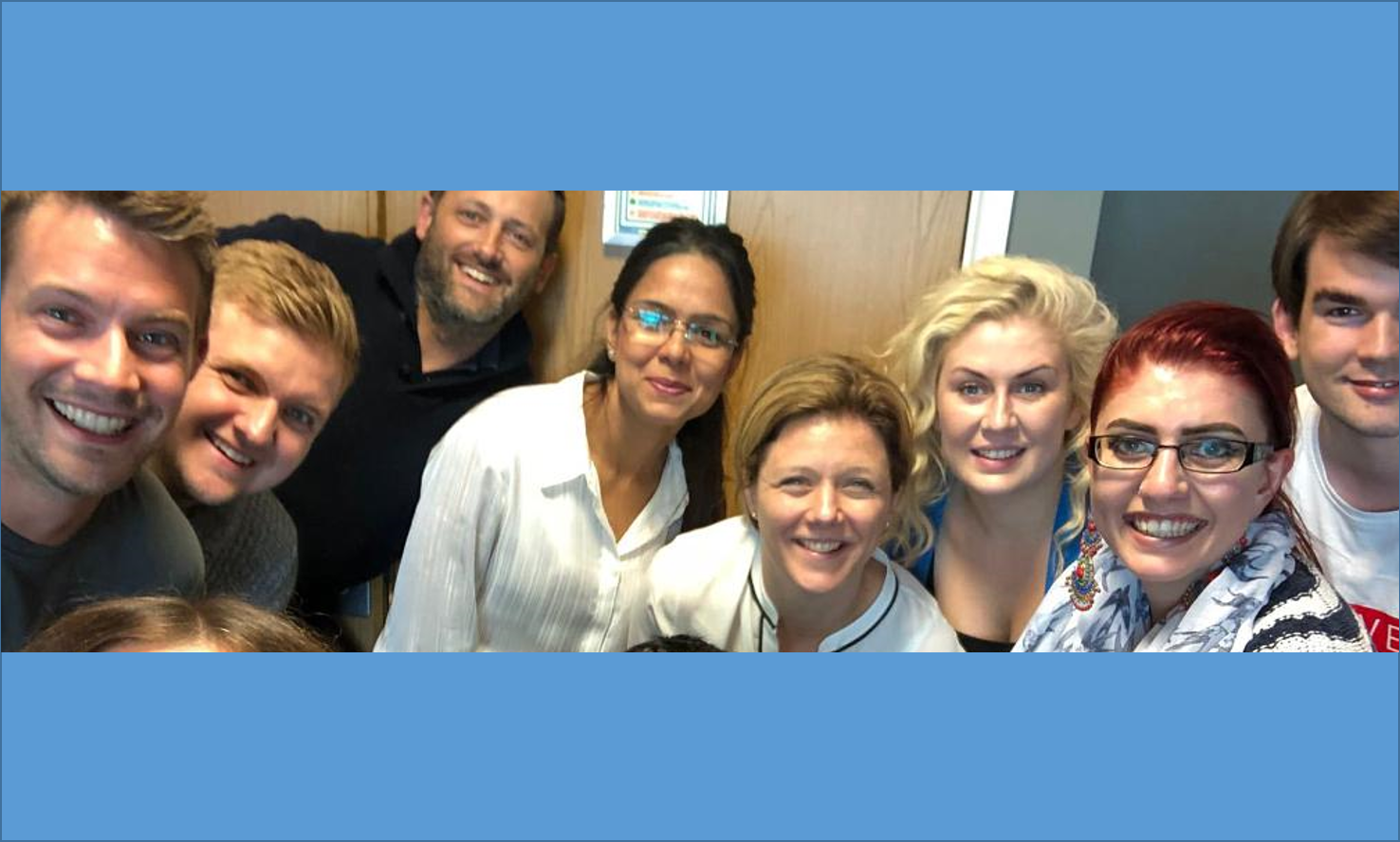Thierry Grima, Group Chief Analytics Officer at ENGIE, shares his key achievements to date and strategic goals for 2022
Would you please start by telling us a bit about your greatest achievements at ENGIE over the past 12-24 months?
I’m part of the data transformation program, which is challenging in a decentralized organization like ENGIE.
Furthermore, the current sanitary situation doesn’t help when I am onboarding people from different cities and countries with very limited to no physical interactions with them. To make sense of this, we identified three different data communities in the organization.
First are around 30 Chief Data Officers who we have all around the globe. These are our key data advocates to whom we provide support so that they can define and execute local data strategies.
Then there are the Data Scientists, around 300, who need our support to be able to find new revenue streams, improve operational efficiency and so on.
Finally, there’s the ‘data friends’ of around 2000 people who are interested in and utilize data but aren’t necessarily aligned on a data job daily.
We are quite a small group within the central data team for a purpose: I don’t want to push for transformation centrally as this may lead to doing things on behalf of operational entities that don’t help them. This will cause any attempt at transformation to fail. Instead, we identify who needs our support and provide it to them without taking them out of the driving seat.
One of the first things we did was build a repository of use cases where everyone can communicate what they are doing, what support they need, what existing support is available and where there are gaps in the support that we need to fill.
To date, over 300 use cases have been shared. This is a huge asset in a decentralized environment where there is limited communication between entities. Now there are links between communities and a tool to ensure everyone gets the support they need.
How has data and analytics maturity at ENGIE evolved over the past 12 months?
I think maturity has significantly improved. This is primarily due to being able to onboard stakeholders and lay the foundations for our transformation program over the last 12 months.
We have hundreds of terabytes of data. We see value in that data.
We have the technology to analyze the data, and we are working on making sure those tools are useful to people across the organization with different levels of data literacy – not just data scientists.
However, we still need to be able to convince some stakeholders.
If we do not progress faster, it’s not because of a lack of data or lack of technology, it’s because of the human element.
At the end of the day, ENGIE is an industrial company: to make money, we produce and sell energy, it’s as simple as that. Data is this fancy new thing, but the core of the business is the same as it was before the data age. Naturally, people ask: why should we change?
Addressing this reluctance is the missing piece in many organizations. You need to educate people that the game has changed otherwise they will get left behind. Ten years ago, we didn’t all have a smartphone in our pockets but now if you forget yours in the morning then you feel like you don’t know how you’re going to survive the day.
Disruption will happen, it’s only a question of time. This is why I spend most of my time on data advocacy towards identified influencers in local entities.
What advice would you give an aspiring data and analytics leader to help them prepare for the role?
The most important thing, not just for CDOs but for most people, is how you engage with others. Being able to convince people is a new power. You need to be able to inspire a person or a group of people to get on board with a new project, initiative, or wherever else you want to take them. For a project to move forward, everyone needs to be connected and aligned.
Next is the ability to share and mix data. Data has no value if it isn’t shared and by mixing data you can discover insights that you would not have seen if you had stuck to one data source. This is especially true in a decentralized organization.
Finally, is the ability to establish teams and communities, which is achieved through education and acculturation – as has been shown in my experience at ENGIE. Teaching others about data – especially those who aren’t as data literate – will not only make your team more visible within the organization, it will also make your objectives easier to achieve.
What will your key priorities be in 2022?
I need to do much more with AI and accelerate AI usage within ENGIE.
I need to support data management, data governance and to build a new organization looking after critical data for the company. I also need to communicate what we do both internally and externally to attract and retain talents, especially in this fast-moving world. I want to ensure that ENGIE is recognized as one of the key companies to work for when it comes to data.




